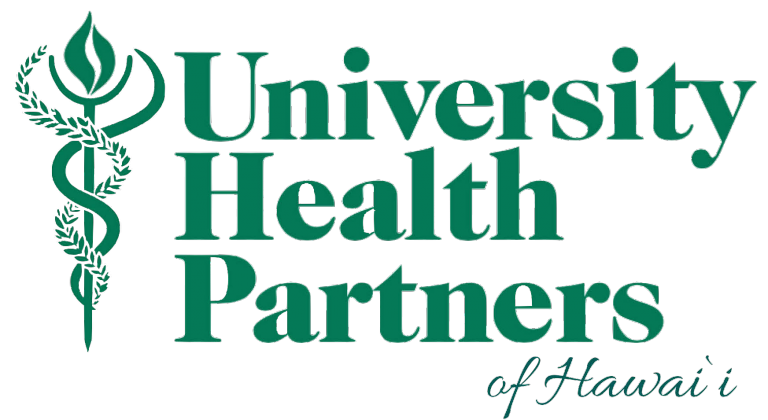Written by Marybeth Kotrodimos
Stock photo by Darwis Alwan, Pexels
September 10 is World Suicide Prevention Day. On this day, people across the globe are given the opportunity to raise awareness of suicide and suicide prevention. Now more than ever, during the coronavirus pandemic, we are called upon to prioritize not only our physical safety, but also our mental health.
“Mental health has been touted as the next wave of the pandemic,” says Dr. Deborah Goebert, Project Director for University Health Partners (UHP), Professor and Associate Director of Research and Director of Hawaii’s Caring Communities Initiative for Youth Suicide Prevention in the Department of Psychiatry at the University of Hawaiʻi at Mānoa John A. Burns School of Medicine (JABSOM), and Senior Scientist at The Queen’s Medical Center. “While death rates from suicide have not increased during the pandemic, more people report facing mental health challenges including symptoms of anxiety and depression.”
Prior to the onset of the pandemic, suicide rates in the US had already seen significant increases over the last few decades. Health officials worry that the economic and social pressures we are experiencing may be causing a spike in these rising numbers. Social isolation, economic instability, a general sense of national anxiety, and an increase in health care provider suicides are cited as some of the factors that pose a greater risk for suicide.
Dr. Goebert informs us that “Hawaii has also seen a rising rate of suicide deaths with one suicide death occurring every two days.”
It is important for us to recognize the suicide warning signs in ourselves and others and to seek help. “One of the biggest concerns is that many people suffer in silence,” Dr. Goebert says. “Because people experiencing symptoms of anxiety and depression are often able to hide it from others, they tend to fail to receive help. The resulting sense of isolation intensifies feelings of sadness or worry, which greatly increase their risk of suicide. Moreover, they do not tell their health care providers about their symptoms and, as a result, may be undiagnosed and untreated.”
Those who need help in addressing feelings of sadness, anxiety, and loneliness, so rife now during this time of lockdowns and financial uncertainty, can turn to their employer’s Employee Assistance Program (EAP). (For UHP employees, information on this benefit can be found in ADP or by contacting the Human Resources office.) These programs are committed to maintaining high standards of confidentiality and will keep shared information private in accordance with HIPAA compliance guidelines.
For everyone, including those who are unemployed or whose employment does not provide for an EAP, there is the Substance Abuse and Mental Health Service’s (SAMHSA) Disaster Distress Helpline, a national hotline dedicated to providing services 24 hours a day, every day of the year. Multilingual (in over 100 languages) and strictly confidential, the helpline is offered free of charge to those suffering from the stress and anxiety that often accompanies natural disasters and other widespread health crisis such as the coronavirus pandemic. They can be reached by calling 1-800-985-5990 or by texting TalkWithUs to 66746.
Dr. Goebert advises us that there are several other resources available if you need to talk with someone because you are feeling overwhelmed or suicidal, including the National Suicide Lifeline or Hawaii Cares crisis or text lines. She urges us, “If in doubt, reach out.”

